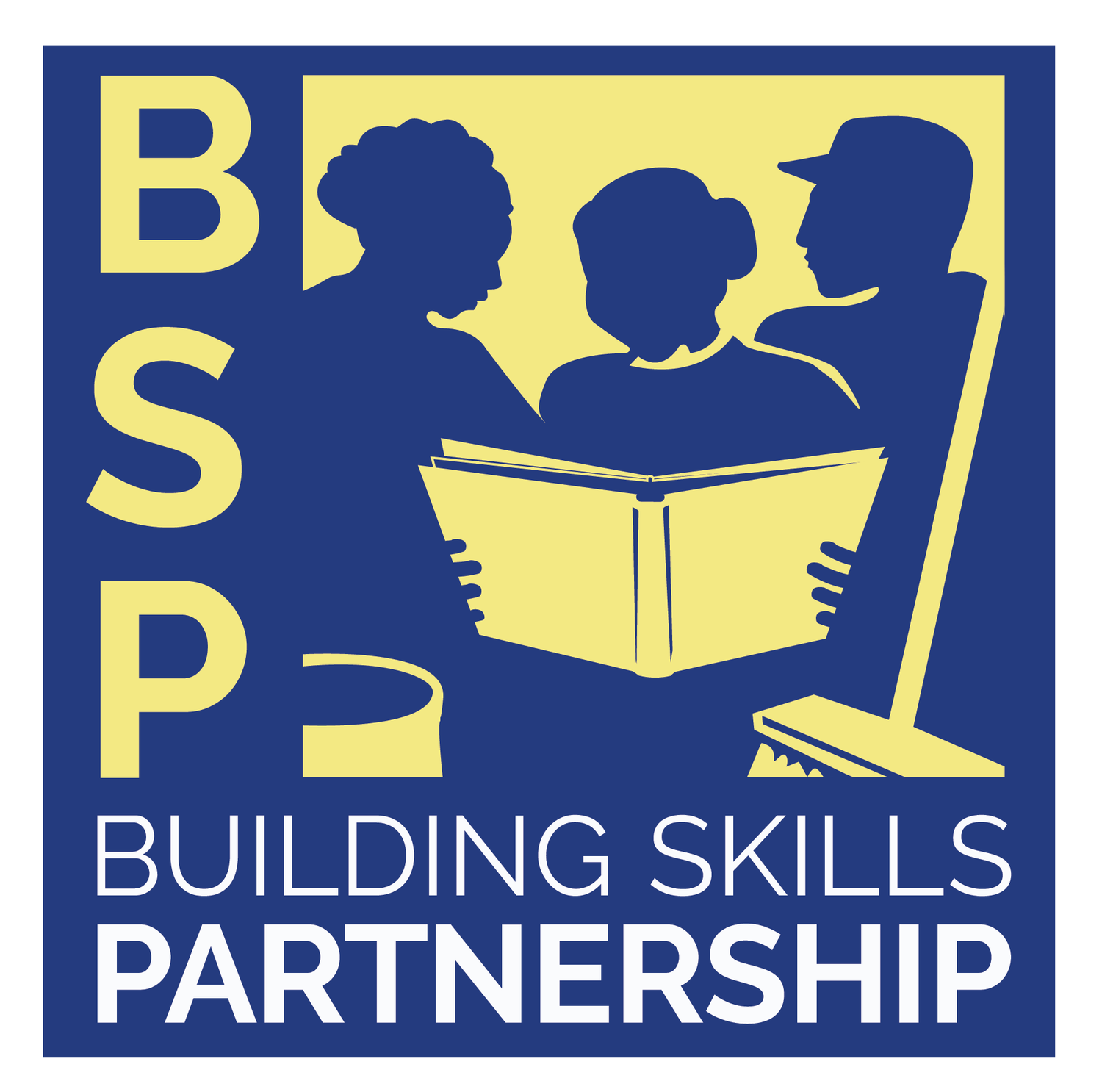Systems Change and Worker Voice
Sylvia Romo, BSP’s Director of Systems Change and Worker Voice
Building Skills Partnership is thrilled to congratulate Sylvia Romo, BSP’s Director of Systems Change and Worker Voice, for successfully completing a yearlong fellowship with the Dr. Maria Beatriz Solís Policy Institute (SPI). BSP leadership encouraged Sylvia to apply for the competitive fellowship program as part of the organization's strategy to create a new policy advocacy area to advance the organization’s mission.
Sylvia, who has a background in international human rights advocacy and lives just miles from the capitol in Sacramento, was eager to lead this effort for BSP, but knew it would require learning more about the state legislative process. “Being accepted into the SPI fellowship program was a game changer for me and for BSP,” she shared.
“I gained invaluable experience in developing an original bill proposal, navigating the complex legislative process and making connections with policymakers, staffers and other advocates. The SPI program provided me in one year what it would have taken me a decade to accomplish otherwise. I am incredibly grateful to BSP and to Women's Foundation California for this investment in my professional growth and learning.”
Sylvia Romo (second from left) with the SPI team
About the Solis Policy Institute
SPI is a prestigious policy advocacy and leadership training fellowship through Women’s Foundation California that specifically seeks to diversify policy making by strengthening the leadership of cisgender women, genderqueer and non-binary activists in non-profit or grassroots organizations. The fellowship provides hands-on experiential learning in which fellows come together in issue-area teams to draft original bill proposals, and see them through the California state legislative process from start to finish. Now in its 20th year, SPI has an impressive track record, with 600 fellows trained and the passage of 50 laws toward a more equitable and inclusive California.
From idea to law, SB 521: CalWORKS Pregnant & Parenting Students (Smallwood-Cuevas)
In fall 2022, Sylvia was selected for SPI’s Economic Security team under the mentorship of Mike Herald of the Western Center on Law and Poverty. She joined four other fellows who brought a wide array of expertise from their respective organizations: Legal Aid at Work, Center for Employment Opportunities, Drug Policy Alliance and RAISE High Road Restaurants.
Sylvia’s team spent the first months researching several potential bill ideas by meeting with experts, nonprofit organizations, activists and community members. After meeting with a group of community college student parents on the CalWORKs public assistance program, the team learned that many colleges fail to provide adequate accommodations to pregnant, lactating and parent students, even though accommodations are required under Title IX (the federal civil rights law on gender equity).
Without accommodations - including for example, being allowed to make up work after missing class to attend medical appointments for themselves or their children, or being given adequate breaks during class to pump breast milk - parenting students can fall behind in their academic progress, which increases their chances of facing sanctions and losing part or all of their CalWORKs cash aid benefits. Additionally, the team learned that the problem is an urgent matter of racial equity since 78.3% of CalWORKs recipients are people of color and 62% are parents of children younger than six.
The team got to work drafting proposed bill language to close this gap in the safety net for student parents by adding a “good cause” determination from CalWORKs sanctions imposed on students who are not being adequately accommodated under Title IX.
Later, the team added additional language about the Cal-Learn public assistance program for high school teen parents that eliminates sanctions entirely in the program and adds to the list of possible exemptions when the teen faces a destabilizing event such as homelessness, a case of domestic violence or a mental health crisis.
After meeting with several legislators about the bill, the team was thrilled when Senator Lola Smallwood-Cuevas agreed to come on as the author and the bill was finally introduced as SB 521. Senator Smallwood-Cuevas is a former Director at the UCLA Labor Center and a champion of working families, including those that BSP serves. SB 521 moved swiftly through both houses unopposed and with bipartisan support. Sylvia contributed by testifying before the Senate Human Services Committee, as well as joining her team in numerous meetings with legislators, staffers, and state agency representatives. Finally, on October 9th, Governor Newsom signed SB 521 into law.
Beyond the excitement of the bill’s passage into law, it was especially gratifying for Sylvia to have contributed to a larger goal for economic justice in California: “I learned that our public assistance programs should not be designed to penalize recipients, which can only push them further into poverty. Furthermore, my eyes were opened to an often invisibilized student population of pregnant, parenting and lactating people - mostly students of color - who deserve to be seen, warmly welcomed and given the financial support they need to succeed after already beating the odds and making it to college. Although this issue area may be outside the immediate scope of BSP’s work, it is an important matter of equity and justice to which I am proud to have contributed. The experience gave me the know-how and confidence to move forward and effect positive change for property service workers across the state.”




